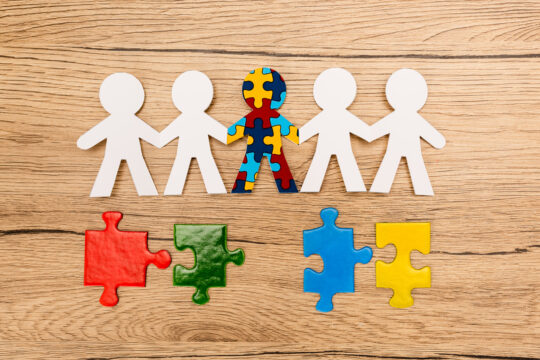Nurturing Resilience: Supporting Children with Adverse Childhood Experiences (ACEs)

In the delicate journey of childhood, every experience leaves an indelible mark on a child’s developing mind and heart. While many experiences are filled with warmth, love, and care, some children face challenges that can profoundly affect their well-being. Adverse Childhood Experiences (ACEs) are a critical concern in the realm of early childhood education and care. In this comprehensive blog post, we’ll delve deep into ACEs, their impact on children’s lives, and strategies to provide support, hope, and healing.
Understanding Adverse Childhood Experiences (ACEs):
ACEs are adverse events or traumas experienced during childhood. These may include abuse, neglect, household dysfunction, exposure to violence, or other stressful circumstances. ACEs can have lasting effects on a child’s physical, emotional, and cognitive development, as well as their long-term health and well-being.
The Impact of ACEs:
ACEs can manifest in various ways:
- Physical Health: ACEs are linked to chronic health conditions in adulthood, including heart disease, diabetes, and mental health disorders.
- Emotional and Behavioral Challenges: Children with ACEs may struggle with emotional regulation, leading to behavior problems, difficulty forming relationships, and issues in school.
- Cognitive Impacts: ACEs can hinder cognitive development, affecting a child’s ability to learn and succeed academically.
Supporting Children with ACEs:
- Trauma-Informed Care: Implement trauma-informed practices in early childhood settings. This involves recognizing the signs of trauma, responding with empathy, and creating safe environments.
- Building Resilience: Promote resilience-building activities that help children develop coping strategies, such as mindfulness, deep breathing exercises, and creative expression through art or play.
- Counseling and Therapy: Connect children and families with qualified therapists or counselors who specialize in trauma-informed care.
- Strengthening Parental Capacities: Offer parenting classes and support groups to empower parents in providing a safe and nurturing home environment.
- Educational Support: Collaborate with educators to create individualized education plans (IEPs) for children with ACEs, providing tailored support for academic success.
- Healthy Relationships: Foster trusting, supportive relationships between children and caregivers, as secure attachments are crucial for healing.
- Regular Check-Ins: Establish open communication with parents or guardians, conducting regular check-ins to discuss a child’s progress and address concerns.
Promoting a Safe Environment:
- Structured Routines: Provide consistency and predictability through structured routines, which can help children feel secure.
- Safe Spaces: Create designated safe spaces within your early childhood setting where children can retreat when they need to calm down or feel safe.
Professional Development:
- Training: Ensure that staff members are trained in trauma-informed care to recognize signs of trauma and respond appropriately.
- Self-Care: Encourage self-care for educators and caregivers to prevent burnout and maintain emotional resilience.
Community Resources:
- Access to Services: Establish partnerships with local agencies, including social services, mental health organizations, and support groups, to provide families with resources.
- Community Support: Encourage community involvement and awareness of ACEs, fostering a network of support for affected families.
Supporting children with ACEs is a collective effort that involves educators, caregivers, parents, and communities. By recognizing the impact of ACEs and implementing trauma-informed strategies, we can provide children with the healing and support they need to thrive. Together, we can nurture resilience, build hope, and create a brighter future for these resilient young souls.



Comments are closed.